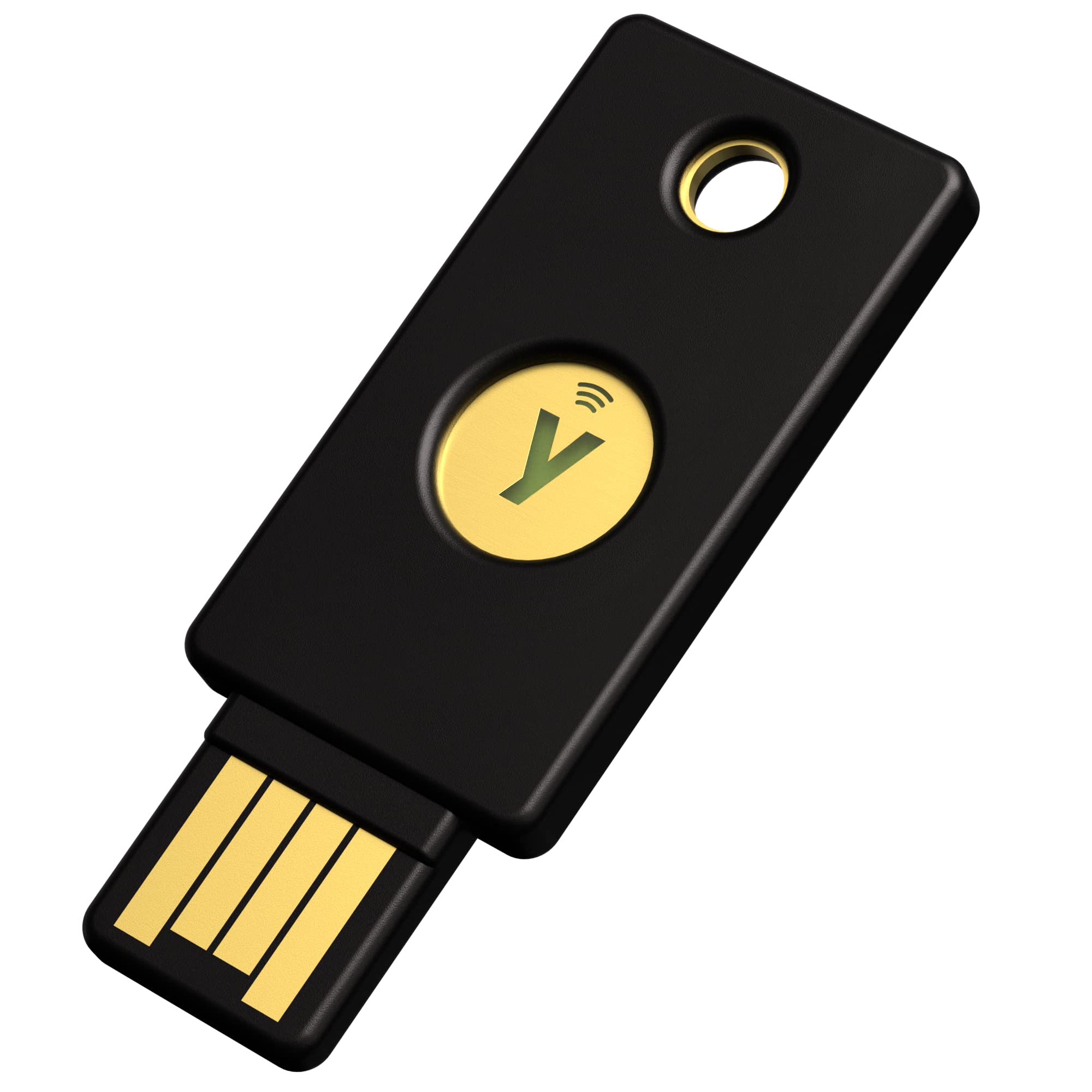this post was submitted on 12 Mar 2024
39 points (93.3% liked)
Cybersecurity
6169 readers
179 users here now
c/cybersecurity is a community centered on the cybersecurity and information security profession. You can come here to discuss news, post something interesting, or just chat with others.
THE RULES
Instance Rules
- Be respectful. Everyone should feel welcome here.
- No bigotry - including racism, sexism, ableism, homophobia, transphobia, or xenophobia.
- No Ads / Spamming.
- No pornography.
Community Rules
- Idk, keep it semi-professional?
- Nothing illegal. We're all ethical here.
- Rules will be added/redefined as necessary.
If you ask someone to hack your "friends" socials you're just going to get banned so don't do that.
Learn about hacking
Other security-related communities [email protected] [email protected] [email protected] [email protected] [email protected]
Notable mention to [email protected]
founded 2 years ago
MODERATORS
you are viewing a single comment's thread
view the rest of the comments
view the rest of the comments

Then pick one that has a web interface or a CLI, Bitwarden has both and is free. KeePass databases can be hosted on your NAS and accessed to CLI tools. There are plenty of options. Or use passphrases (which are just as good as—or better than—complex passwords) and just type them? I use Bitwarden for literally each and every password/lock code/PIN that I have, and I have plenty of Pis and other things that don't let me easily log into Bitwarden, but finding "Excentric4-Waxing-Adopted-Giraffe" on one device, and typing it in another really isn't much of a hassle. (Also, why not just SSH into your Pis? Then you only need to worry about accessing a password manager on the machine you're opening the SSH connection from.)
From the comments on this post it seems that you're mostly looking for validation of the idea you originally had rather than actual feedback on how secure that idea is. You're obviously free to manage your passwords exactly as you want, but this idea of a "base password" is objectively less secure than the alternative put forward by many people in these comments, namely to use the Yubikey to log into a good password manager that then handles all the different (completely unique) passwords.
There are always instances where doing things the best and most secure way is more cumbersome, and it's up to you to decide if you want all of your passwords to be poor (and difficult to change, in this case) just because you occasionally need to log into something that doesn't neatly integrate with a password manager.